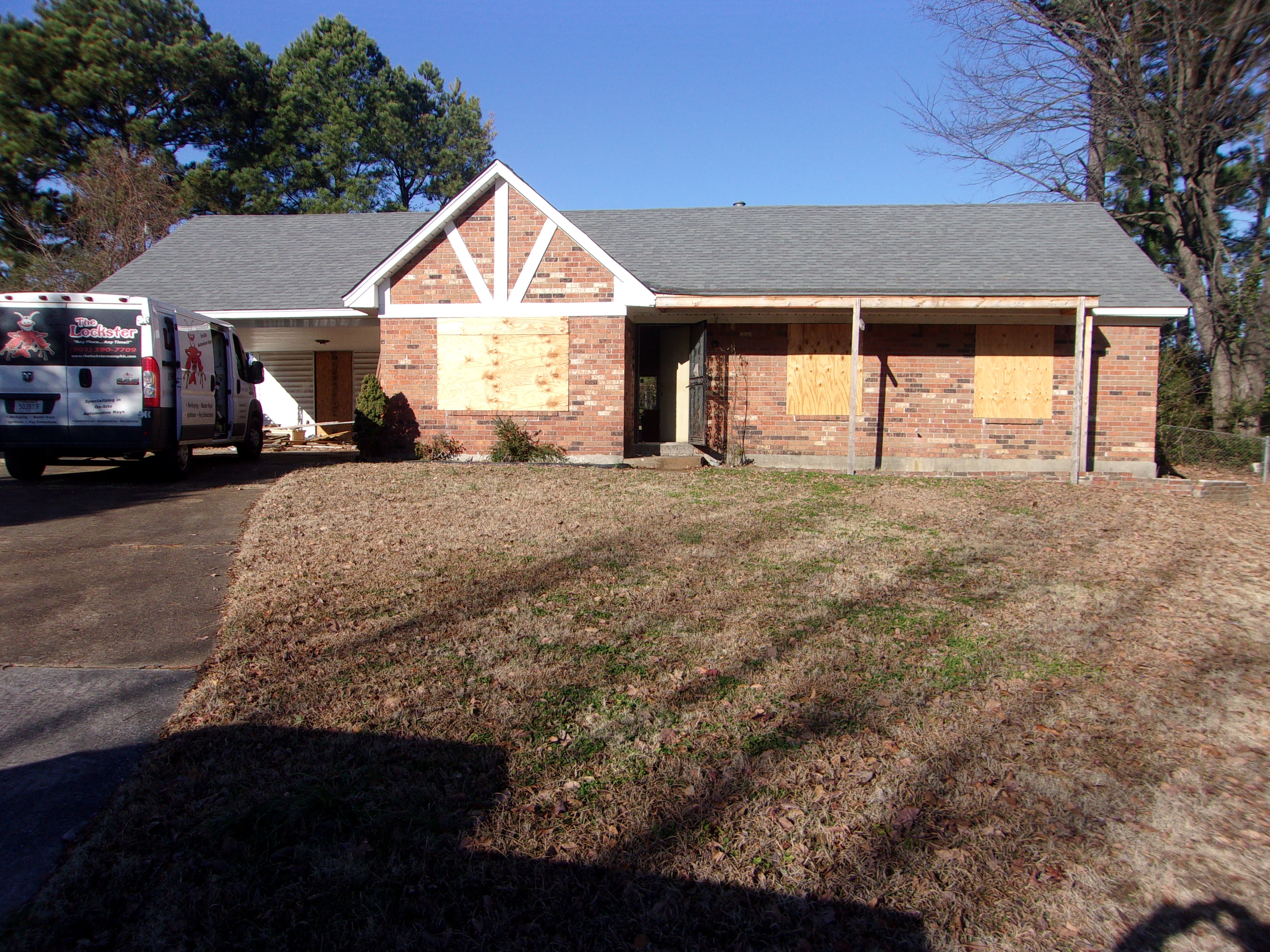 Rarely do we encounter an event that has such far-reaching, worldwide effects. In so many cases, these large events — be they political or economical — impact us in abstract ways more than personal ones. With COVID-19 taking its toll on our communities in very personal, visible ways, it’s easy to slip into panic and fear.
Rarely do we encounter an event that has such far-reaching, worldwide effects. In so many cases, these large events — be they political or economical — impact us in abstract ways more than personal ones. With COVID-19 taking its toll on our communities in very personal, visible ways, it’s easy to slip into panic and fear.
We are truly living in unprecedented times.
How do we fight fear? First things first, we continue to have faith. We are a resilient bunch, able to overcome and conquer all of the ups and downs of life. On top of that, there are simply things we know to be true — thanks to history — about the world and the cycles in which it moves.
While it is easy to believe it might be like this forever, we must hold onto hope for a bright future. Believing that it will get better is the first step to fighting fear. The second? Looking at the facts.
Real estate investors know just how valuable the facts are in making wise decisions in building their wealth.
We don’t know, ultimately, how COVID-19 will truly impact the real estate market and, by extension, real estate investors. What we do know is how we, personally, are responding to this crisis — by prioritizing care and service for our residents, partners, and investors.
What we can do at this point, however, is look to how the COVID-19 pandemic has affected the real estate market. Based on these emerging trends and effects, we can begin to see — and properly prepare for — the future of our investing career.
How COVID-19 Has Affected Real Estate
Short-Term and Vacation Rentals Hit a Slump
Perhaps the most evident shift in the market has been seen in terms of short-term and vacation rentals, such as those listed on Airbnb. This comes as no surprise, as vacation plans are canceled and potential travelers worry about the sanitation of such properties. Considering they are owned and operated by third-party investors, there is no real regulation on such factors.
Some short-term and vacation rental owners have taken it upon themselves to shut down for the time being, too — as there is no telling whether or not travelers have been exposed.
There is evidence that some of these previously short-term rentals are being converted and offered as long-term rentals, as a means to recover lost income and control exposure to COVID-19 risks.
CARES Act Protects Against Mortgage Trouble
The CARES Act, a national stimulus and relief package, was signed into law just days ago. As one of the provisions in the document, those with federally-backed mortgages (such as those through Fannie Mae, Freddie Mac, etc.) are entitled to 180-day forbearance. This means that lenders may not charge late fees or enforce other penalties (including foreclosure) for 180 days if the borrower experienced COVID-19-related hardships.
This provision extends to residents who rent properties that have federally-guaranteed loans or are part of federal housing programs.
A summary of other benefits in the CARES Act, including provisions for individuals, small businesses, and sole proprietors, can be found at The National Law Review.
Property Sales on Pause
Recessions rarely have a significant impact on the real estate market. The 2008 Great Recession was largely an exception due to the market crash being directly tied to bank lending and close association with the housing market.
Be sure to check out: What Savvy Investors Should Do With Recession Predictions
What we’re beginning to see is not a significant change in home prices, but a distinct lack of market transactions. If previous pandemics are any indication, the housing market will effectively be put on pause as buyers drop. Because there were few transactions, prices did not experience much fluctuation.
It is unclear how precisely COVID-19 will impact the Spring buying season, though experts predict at least a 10 percent reduction in home sales. The market — which has a historically low inventory paired with low mortgage rates — was poised for a strong and competitive season. This will likely not be the case as buyers forgo their plans.
Buyers and Renters Stay Put
With many “shelter in place” orders throughout the country, it should come as no surprise that fewer people are looking to move. Spring is not only a traditionally busy homebuying season, but it’s the season for rental moves as well. RentCafe has reported a significant drop in rental-related searches (a 25 percent decrease between March 11 and 17, compared to a 4 percent drop the previous year).
While this may pose challenges for those looking to sell homes or fill vacancies, it also means that those who already have residents in place are unlikely to see movement. “Long-term” is the name of the game as both renters and homeowners seek to hunker down in a place they consider safe.
Key Points for Real Estate Investors
- The real estate cycle already dictated that it was time for a recession.
- Read through the CARES Act and determine your eligibility for benefits and aid.
- Stay the course. Investors can trust the natural cycle of the market.
- It is yet unclear how the COVID-19 pandemic will truly impact real estate and investing.
- Proceed with a healthy understanding of risk, stay informed, and seek counsel from financial and portfolio advisors.
Ultimately, we don’t know what will happen. However, we can control our response and prepare, as well as we are able, for the unknown. At REI Nation, we are doing our best to care for our residents and investors alike.
Stay in-the-know. Follow our blog for market updates and savvy strategies.












